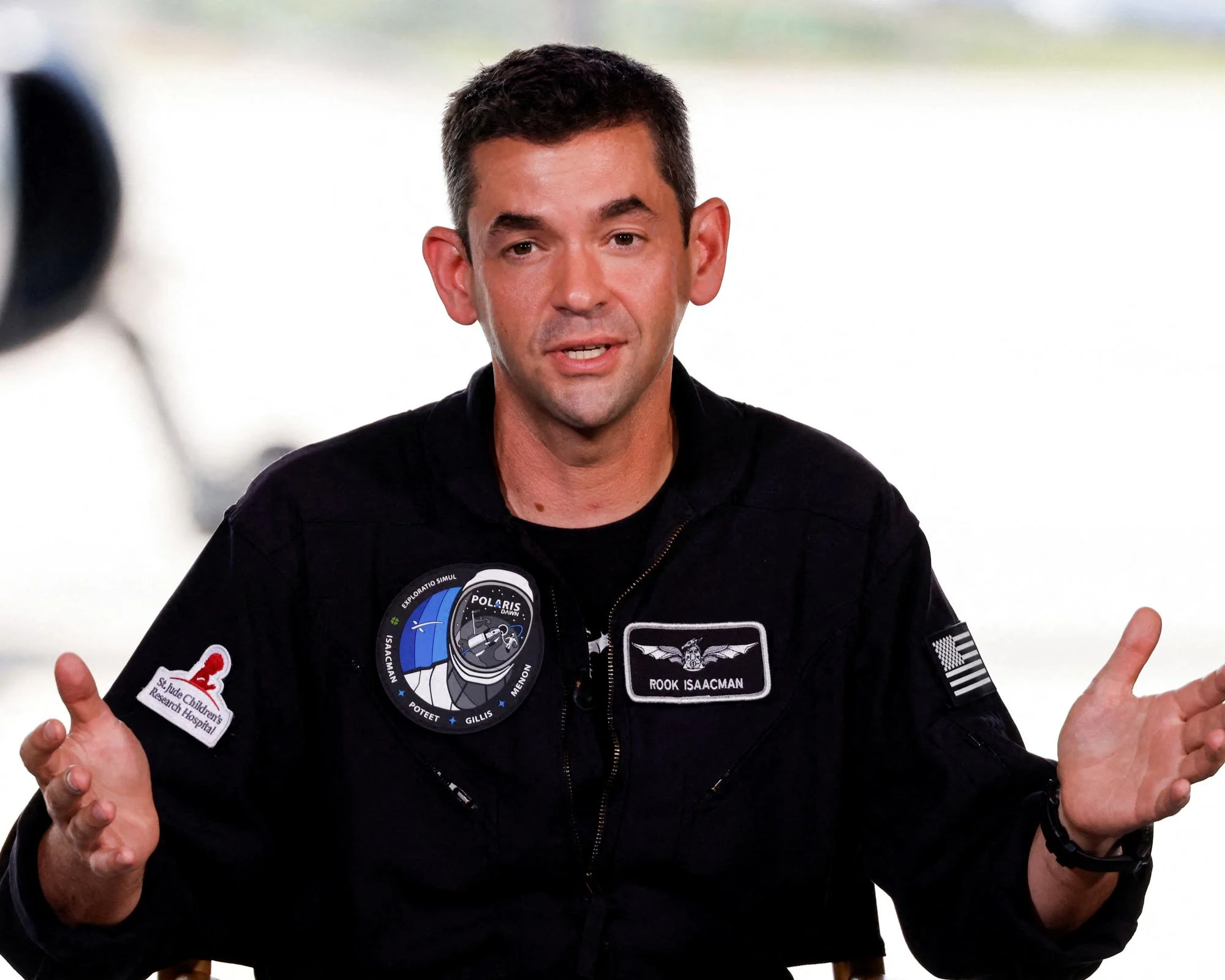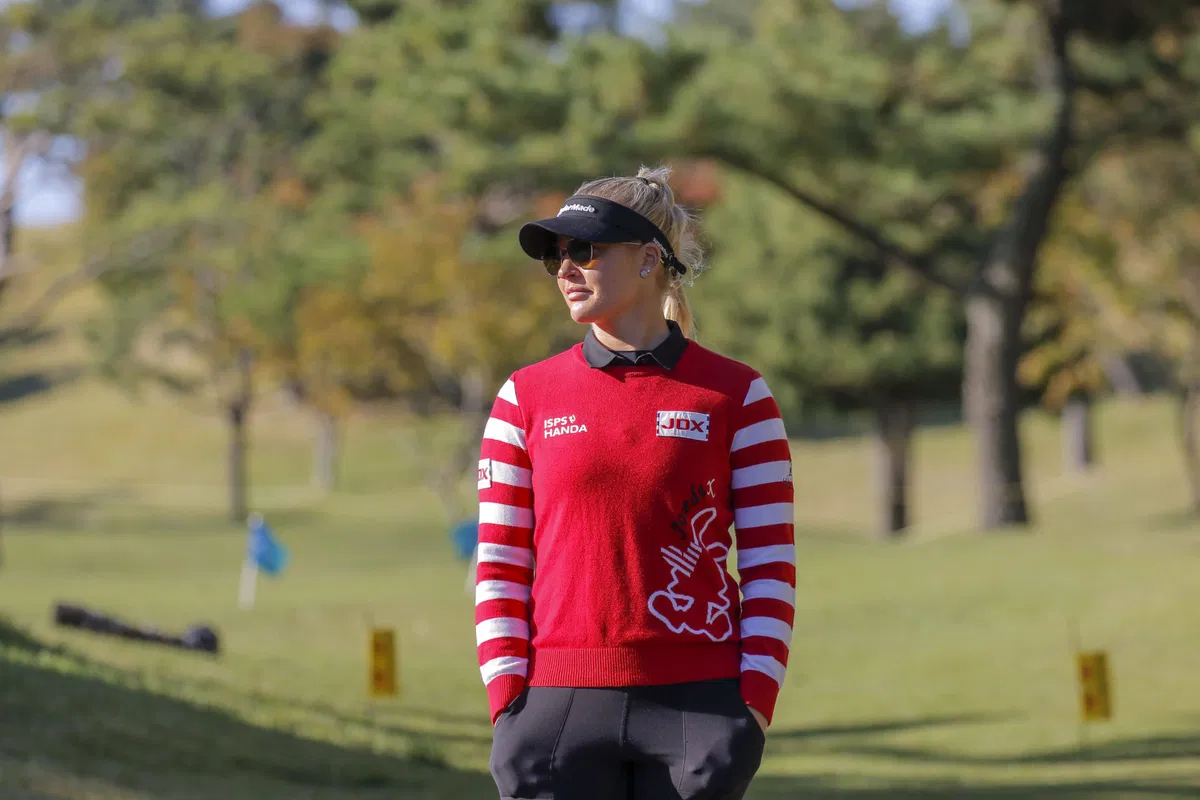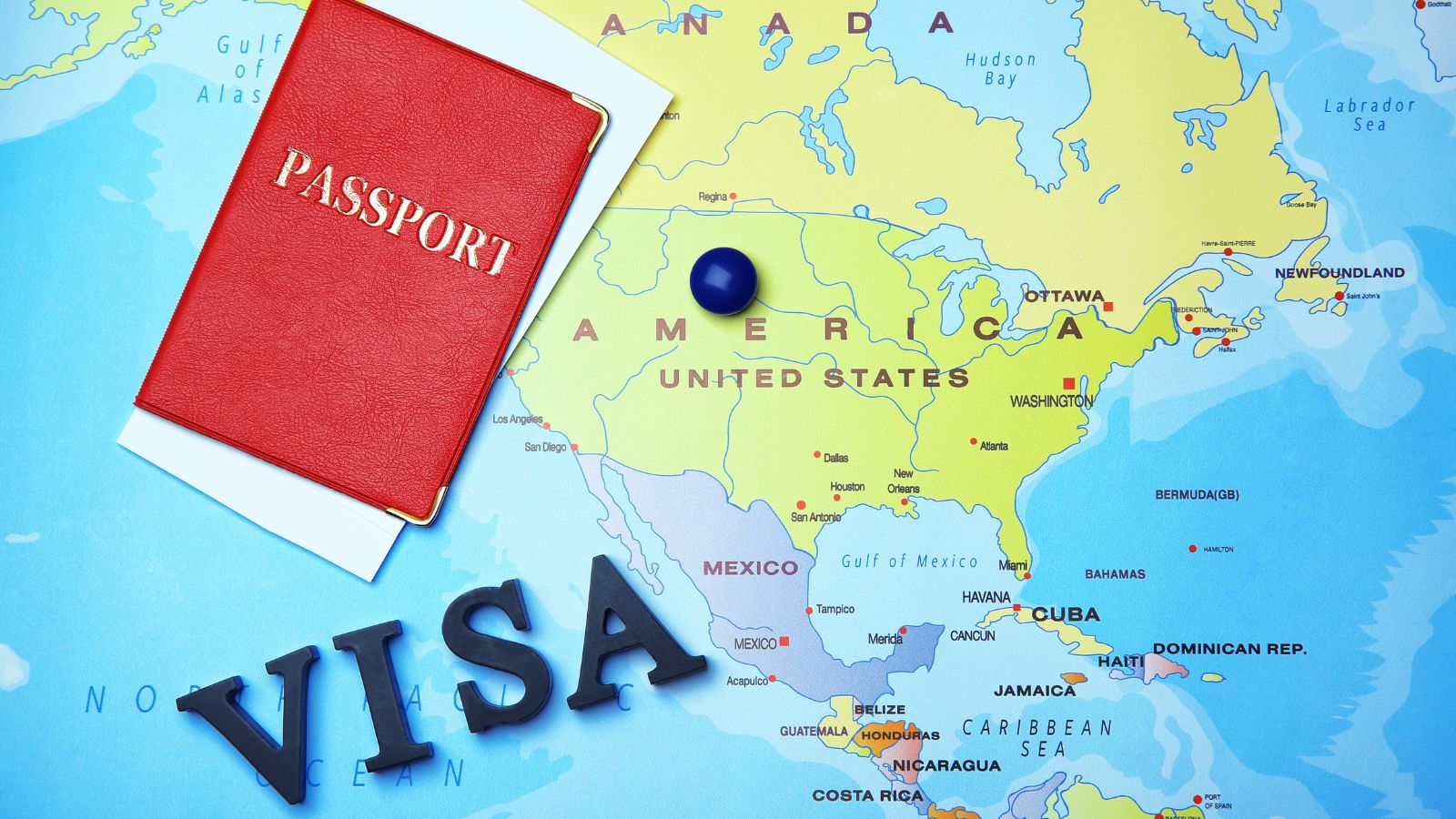Copyright bbc

The fiscal plan is seen as a major test for Carney, a former central banker for Canada and the UK who has promised to make Canada's economy the strongest in the G7 group of wealthy nations. "We used to take big, bold risks in this country. It is time to swing for the fences again," he said in a pre-budget speech last month. Canada, which trades primarily with the US, has a particular exposure to tariff shocks. Carney has said he is setting a goal for the country to double its non-US exports in the next decade. Joy Nott, a partner at KPMG Canada who focuses on trade and customs, told the BBC that "Canadian companies need government support during the transition of moving from one market to another". That includes everything from finding money to travel on trade missions abroad to market research and navigating regulatory approvals when entering new markets. It takes time and money to overcome "those historic hurdles that we've seen, that prevented them from doing it", Ms Nott said. Finance Minister Francois-Philippe Champagne underscored the "made-at-home" message on Monday as he bought new shoes - a political pre-budget tradition for federal finance ministers - at a Quebec business that supplies footwear worldwide as well as to Canada's armed forces and RCMP officers. The firm was "emblematic of who we are as a nation", he told reporters as he stood in the company's manufacturing facility. "We're moving from reliance to resilience, from uncertainty to prosperity, we're going to do the kind of things that make this country stronger," Champagne said. While he said the budget would be focused on "investments", Carney has also promised to balance the federal operating budget - day-to-day spending on government programmes - over the next three years. Over the summer, federal ministries were asked to find ways to cut up to 15% from programme spending in the coming years, as the government seeks savings to fund spending into things like trade infrastructure, housing, and tariff-impacted industries.



